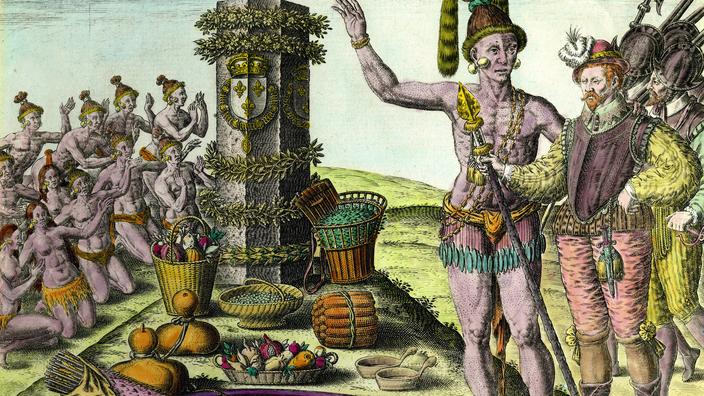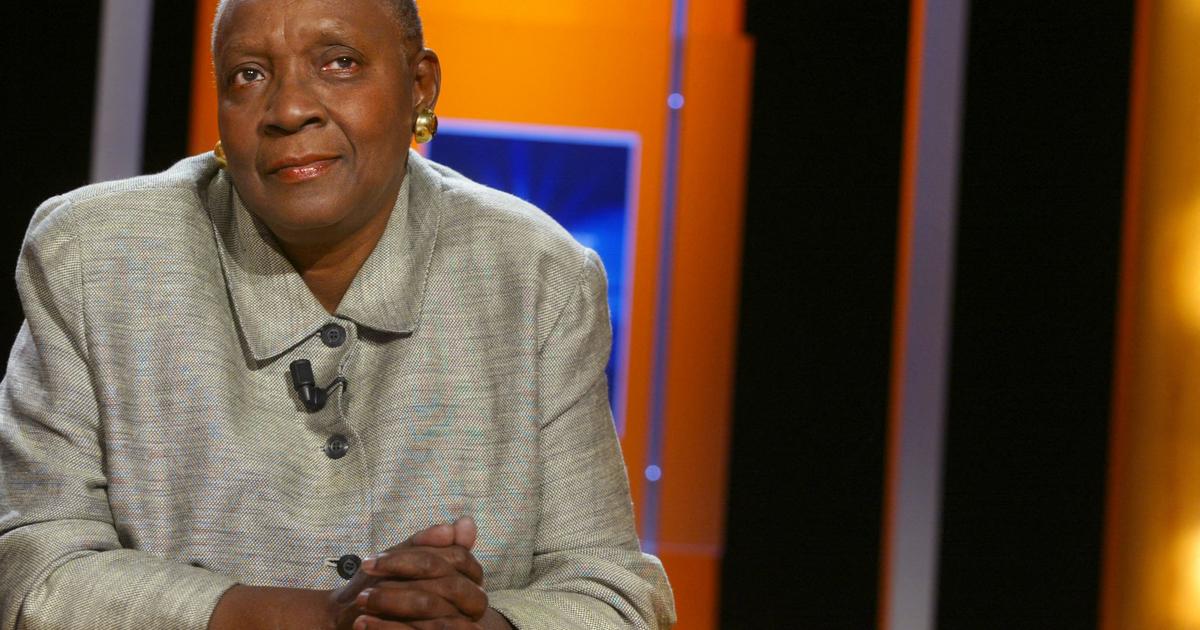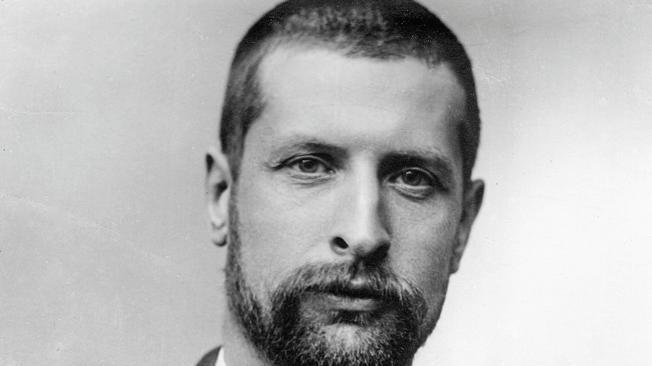The "cancel culture", the ideological movement which aims to make more or less controversial personalities invisible, attacks a figure in the history of France.
The Jacksonville County Rectorate wants to strike the name of Jean Ribault, the 16th century explorer who took possession of Florida in the name of King Charles IX, from the steps of schools.
To read also: "Cancel culture", "woke": when the American left goes mad
In the county of Duval, which includes the metropolis, nine establishments could change their name next May.
The first six are named after southern officers.
The other three are figures accused of "
systemic marginalization and the massacre of indigenous peoples
".
Jean Ribault is, in this capacity, on the dock in a college and a high school, as well as Andrew Jackson, the 7th American president, military commander during the “Amerindian wars”.
Ashley Smith-Juarez, the member of the school board who made this proposal, believes that the French explorer has his share of responsibility in the "
discrimination [...] which continues
today" against the Amerindians of the region.
"
I do not call him a narrow-minded imperialist, but I continue to wonder what his decision to claim land on behalf of France ... meant for the Timucua people and if it is something that the county wants to honor,
”she explains on local Action News Jax.
Several of his descendants who live in France wrote a column published in the local Florida press last week to influence the decision.
“
I feel it as a stain on the memory of our ancestor
,” Yves de Montcheuil tells
Le Figaro
.
Jean Ribault did not want to settle at the expense of the Amerindian tribes.
If the Americans want to rewrite their history, that's their problem, but my ancestor's discovery of Florida has nothing to do with what happened in the following centuries
”.
It is a historical misunderstanding.
Laurent Veyssière, historian
Jean Ribault landed on the shores of northern Florida, at the current location of Jacksonville, in 1565. He was then commissioned by Admiral Gaspard II de Coligny, leader of the Protestants of France, in order to establish a colony where the Huguenots could find refuge.
“
He didn't kill any Native Americans.
In his writings, he has always spoken of them in a very positive way
, ”explains Philippe Montillet, secretary general of the association of descendants and remembrance of Jean Ribault.
"
It's a historical misunderstanding,"
abounds Laurent Veyssière, historian specializing in New France
.
Jean Ribault made an alliance with three Native American tribes who were at war against a fourth.
Even if he had fought against the latter, which is not proven, it was at most a few skirmishes,
”he explains.
Overall, the specialist regrets that a Frenchman is put in the same basket as the bloodthirsty Spanish or Portuguese conquistadors or the English colonists.
"
In the history of New France, we have always been allied with the natives,
" he points out.
Jean Ribault remained famous for having erected a column materializing the royal taking of possession which was venerated by the local tribes.
Until 2016, the sailor was an unknown figure in the history of the conquest of the New World.
His ship La Trinité was found 8 meters deep off Cape Canaveral.
A small irony of history, he himself was a victim of the violence of the conquistadors.
"
He was massacred by the Spaniards because of his Protestant religion
," recalls his descendant.















